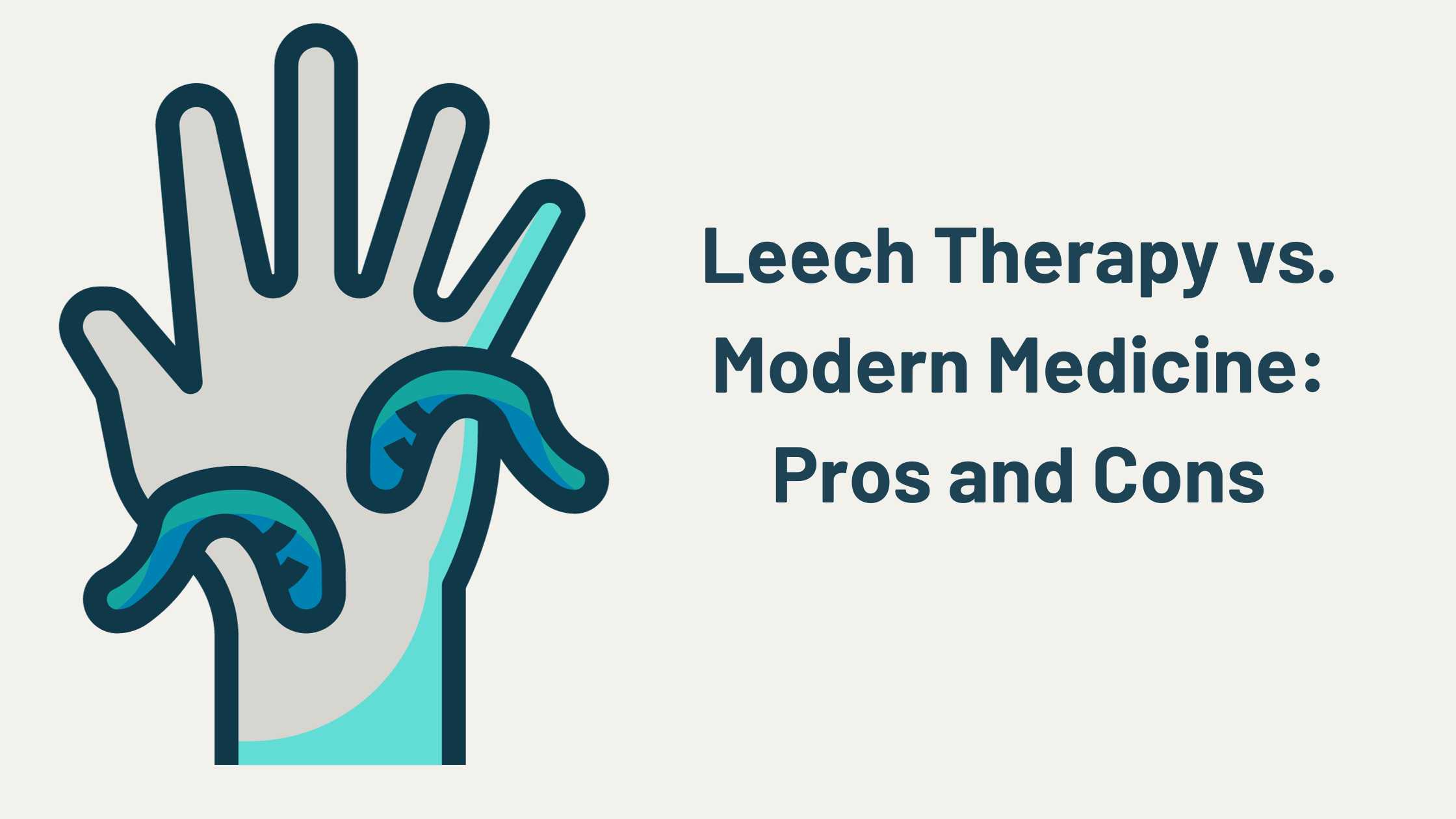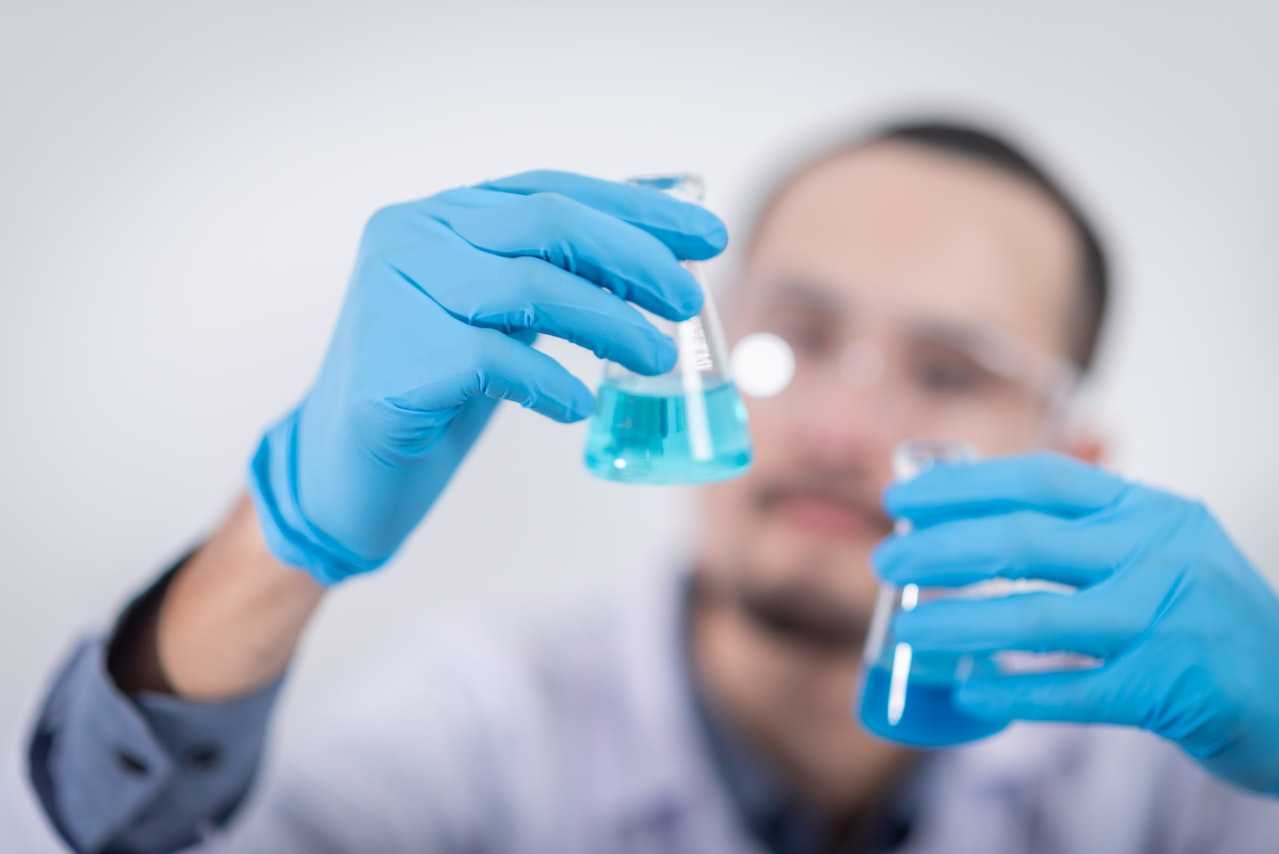
In one corner, we have “Modern medicine” – the powerhouse of cutting-edge technology, pharmaceutical wonders, and advanced surgical techniques. It’s the go-to solution for almost every ailment, and rightfully so, given its track record of saving countless lives.
But wait, in the opposite corner, making a resurgence that might surprise you, is “leech therapy.” Is this therapy just an outdated, quirky fad, or does it have something remarkable to offer in the face of modern medicine’s undeniable prowess?
Let’s explore the pros and cons of these two diverse approaches. By the end of this read, you will have a newfound appreciation for the intricacies of healthcare, both ancient and contemporary.
Understanding Leech Therapy
Leech therapy is no recent wellness trend. It’s a centuries-old practice deeply rooted in history. Records dating back to ancient Egypt and India show that people have used leeches for therapeutic benefits.
Medicinal leeches, scientifically known as “Hirudo medicinalis,” are small and slimy creatures. Their saliva contains special enzymes that prevent clotting and act as painkillers. This therapy aims explicitly to
- detoxify the body by removing excess blood.
- enhance the blood circulatory system.
A trained practitioner carefully places medicinal leeches, often sourced from Hungary or Sweden, on specific body parts. Once attached, the leeched commence their therapeutic work. They‘re allowed to extract blood typically for 20 to 45 minutes.
Pros and Cons of Leech Therapy
From improved blood flow to natural healing, leech therapy has gained attention for its unique approach to health. However, as with any treatment, it’s essential to consider the pros and cons. Let’s show who might benefit from it and who should exercise caution.
Pros of Leech Therapy
- The leech treatment taps into the remarkable power of nature, allowing your body to engage in its natural healing process.
- These tiny therapists ensure your blood flows smoothly.
- For those dealing with inflammation-related issues, leech therapy can offer relief.
- Thanks to their anticoagulants, the procedure is generally painless and well-tolerated.
- Leeches play a crucial role in aiding tissue reattachment and restoring blood flow.
Cons of Leech Therapy
- If you are uneasy at the sight of blood, leech therapy might not be your first choice.
- A session can extend up to 45 minutes, so it is time-consuming.
- Depending on your location and healthcare system, it may come at a higher cost than conventional treatments.
- Improper handling and hygiene can pose an infection risk.
You should avoid leech therapy if you
- have anemia
- have blood clotting conditions
- have compromised arteries
- are pregnant or below 18 years old
Remember, as with any treatment, it’s crucial to consult with a healthcare professional before signing up, especially if you have any underlying health conditions or concerns.
Modern Medicine: Overview
Modern medicine stands at the forefront of healthcare, bringing cutting-edge science and innovations to our fingertips. Let’s explore the remarkable landscape of modern medicine, filled with breakthroughs and life-saving advancements.
- Modern medicine is powered by relentless scientific exploration. Researchers worldwide collaborate to push the boundaries of medical knowledge.
- Vaccines and antibiotics have eradicated and controlled diseases that once threatened humanity.
- The era of personalized medicine is here. Generic profiling allows tailored treatments, minimizing side effects and maximizing efficacy.
Modern medicine exemplifies the heights of human achievements in health, where science is not just a tool but a lifeline.
Pros and Cons of Modern Medicine
Science and innovation intertwine to combat illness and promote health. However, like any approach, it has its bright sides and shadows. Let’s explore each of them.
Pros of Modern Medicine:
- Offers tailored solutions for various diseases and age groups.
- Cuuting-edge tools lead to precise diagnoses.
- Swift access to life-saving services.
- Medications to improve quality of life
- Controlling deadly diseases worldwide.
Cons of Modern Medicine
- Advanced treatments and medications can be costly.
- Access to healthcare services isn’t equal, creating health inequalities.
- Medications can have side effects with long-term consequences.
Comparison: Leech Therapy vs. Modern Medicine
So, leech therapy, which has been around forever, works wonders by
- detoxifying,
- improving blood flow and
- even assisting with microsurgeries.
However, it is time-consuming, not suitable for everyone, and needs more scientific evidence.
On the flip side, modern science offers effective treatments backed by rigorous research and advanced technology. From high-tech diagnostics to an extensive array of medications, it is a powerhouse of health care.
Ultimately, the choice between leech therapy and modern medicine comes down to personal preferences, conditions, and healthcare goals. While leech therapy offers a unique alternative, modern medicine’s scientific and comprehensive approach has made it the cornerstone of healthcare worldwide.
In conclusion

We have explored the ancient charm of leech treatment and the undeniable power of modern medicine. It’s been a showdown of tradition versus innovation, each with unique strengths and quirks.
Which path resonates with you the most? Share with us in the comments below.